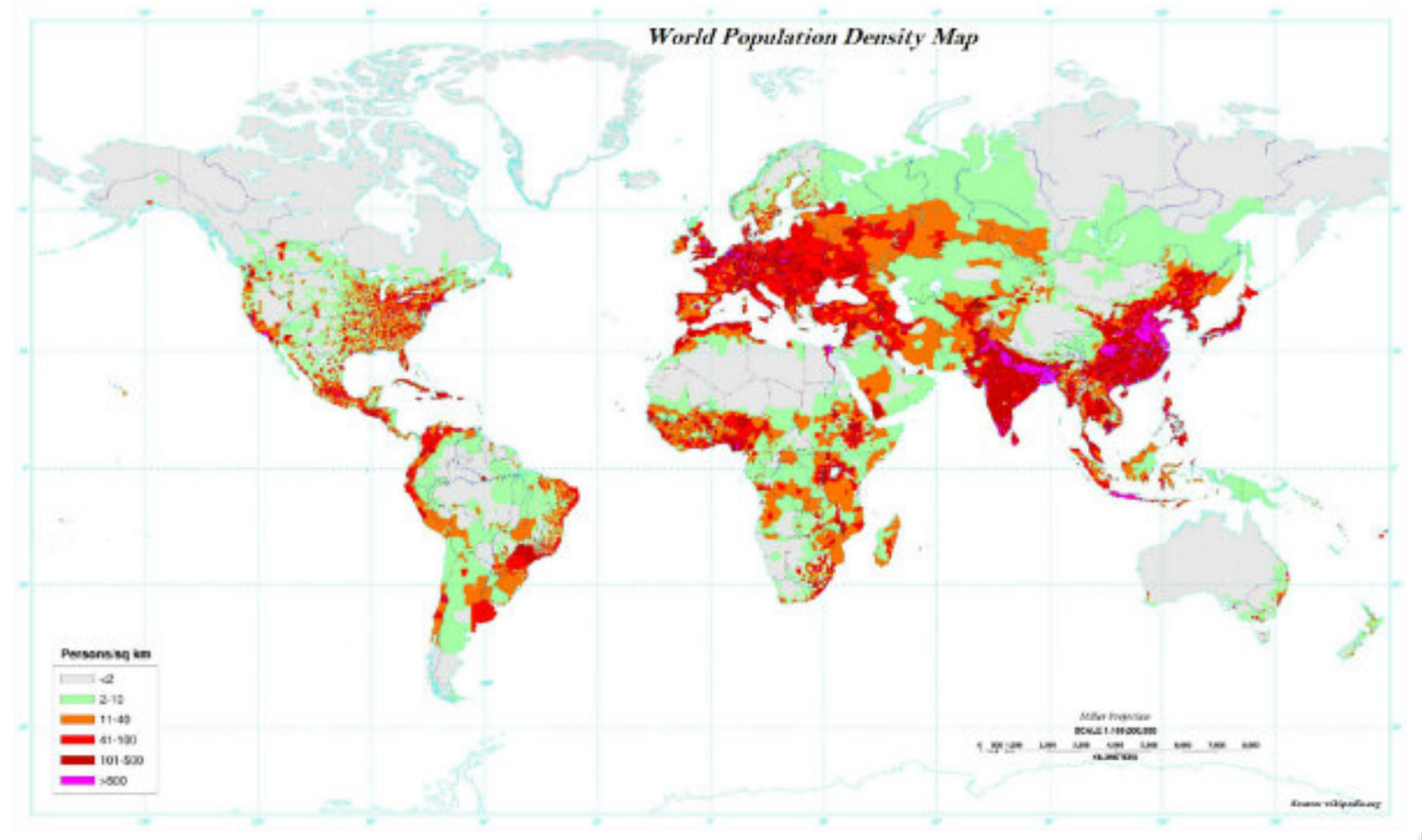Ten More Days to Decide What I Should Say at My Stone Lecture, &
BRIEFLY NOTED: For 2022-11-18 Fr
CONDITION: An Unsuccessful Attempt to Bid on the FT Alphaville FTX NFP:
I did not get very far! I could not link OpenSea to Coinbase to my bank because Coinbase detected a name mismatch. Missing middle initial? Joint account? InterCapitalization failure? No time to sort it out!
Bryce Elder: The FTX investors’ tombstoNFT: ‘Get it while it’s non-fungible: Exclusive to FT Alphaville, we are delighted to reveal a digital tombstone in commemoration of those who invested their own and other people’s money in collapsed crypto exchange FTX:
Minted in virtual plastic from 100 per cent blockchain, this precious keepsake offers eternal remembrance to crypto’s biggest scandal of the year so far. Names it records have been carefully hand-selected by artisan paralegals from public documents including FTX’s series B, B1 and C funding round announcements.
The FTX bagholder tombstoNFT is a strictly limited edition of one. Bidding on OpenSea is now open, with all proceeds donated to preferred equity holders on a first-come-first-served basis (and contingent on telling us about your due diligence process).
Don’t miss what might (but probably won’t) be your only chance to grab a memento to monumental fiduciary negligence that surely will become a treasured family heirloom unless the image server goes offline, in which case sorry but no refunds…
Alas! I tried!
FOCUS: Ten More Days to Decide What I Should Say at My Stone Lecture:
The Annual Stone Lecture: Slouching Towards Utopia: Join us for the annual Stone Lecture, featuring economist J. Bradford DeLong
Tue, November 29, 2022, 5:10 PM – 6:30 PM PST
Around 1870 came a great shift: invention sprinted forward, doubling our technological capabilities each generation, utterly transforming the economy again and again. The possibility of being able in the not-too-distant future of baking a sufficiently large economic pie for everyone to someday have enough came into view. Surely then we would be able to shift governance and politics so that we could collectively build a utopia? Surely it was the baking of the sufficiently large economic pie that was the large problem. Surely the slicing and tasting the pie—equitably distributing humanity’s immense technology-enabled wealth, and utilizing it so that people felt safe and secure and were healthy and happy—were second-order, more-easily-solved problems?
Join us for a talk by Berkeley Economics Professor Brad DeLong, followed by audience Q&A. The event will be followed by a reception. Live-streaming available as well.
This event is sponsored by The James M. and Cathleen D. Stone Center on Wealth and Income Inequality at UC Berkeley.
So What Should I Say?
Perhaps:
Before 1870, the Devil of Malthus, ensorcelled humanity, via its spells of poverty and patriarchy…
Hence, there was no possibility that humanity could bake a sufficiently large economic pie for everyone to have enough…
Therefore, if you were to have enough, you had to find some way to join an élite group that would elbow other potential elite groups out of the way and then run some domination-and-exploitation scheme…
Thugs with spears, and later gunpowder weapons, together with their team bureaucrats, accountants, and propagandists…
Holding the élite together, and helping the élite continue its domination-and-exploitation scheme by adding some fraud to the force, required communication and coordination…
Hence it is not at all surprising that back before 1870 the ruling ideas are the ideas of the ruling class, or, rather, primarily ideas that are useful to the ruling class…
Which means that back before 1870 the ruling ideas had a very strong tendency to say that gross in a quality was right, good, natural, justified, and even fair…
But 1870 broke the spell of the Devil of Malthus…
After 1870, governancee and politics could be something else than elite competition to run and then maintain the domination-and-exploitation scheme…
But the ideas and practices of all dead generations weigh like an Alp on the brains of the living…
So that would be the first 15 minutes. What should I say after that?
One Video:
Danny Quah: The Liberalisation Delusion
One Image:
MUST-READ: 40,000 Words on Crypto:
Matt Levine: The Crypto Story: Where it came from, what it all means, and why it still matters…
O þer Things Þt Went Whizzing by…
Very Briefly Noted:
David Glasner: Franklin Fisher on the Disequilibrium Foundations of Economics and the Stability of General Equilibium...
Linda Kinstler: The good delusion: has effective altruism broken bad?…
Paris Marx: Elon Musk’s useful philosopher…
Alexander M. Dietrich: Consumption Categories, Household Attention, and Inflation Expectations: Implications for Optimal Monetary Policy: ‘While forming inflation expectations, households pay attention to the volatile non-core components… [so]targeting headline inflation is optimal…
Neville Morley: The Roman Thing: 'The History of Ancient Rome, Definitively De-Woked; free from excessive emphasis on imperialism, colonialism and class struggle…
Veronica Aoki Santarosa: Long-Distance Trade without Banks : The Joint Liability Rule and Bills of Exchange in 18 th-century France: ‘A particular seventeenth century legal innovation, the joint liability rule, enabled the medieval bill of exchange to become the dominant means of payment and credit in the early modern period, thus supporting an unparalleled expansion…
David Graham: Trump’s Future Isn’t Up to Fox News: ‘A unified conservative-media front might have provided Senate Republicans the bulwark they needed to vote to convict Trump in an impeachment trial and prevent him from running again. Instead, the moment passed and many of the players blinked, reopening their eyes to a Trump still in control of the party…. Stopping Trump is arguably more difficult now...
Edward Luce: The caging of America’s Kraken: ‘Trump is the gift to Democrats that keeps on giving…
Nouriel Roubini: ‘There is no diff btw FTX’s FTT & Binance’s BNB: they are both vaporware scams backed by NOTHING! As the former collapsed to 0 in days the same should happen to the latter. How much of BNB is float vs. held by Binance? How much of @binance assets/liabilities are BNB?No 1 knows!…
¶s:
Tara Henley: Of Boys and Men: 'My conversation with Brookings fellow and author Richard V. Reeves: There’s a group of people in our society who are in deep trouble. They lag behind in education and employment — and disproportionately die of suicides and overdoses. Who am I talking about? I’m talking about boys and men. My guest on the podcast today says that while this issue has long been taboo, it’s time for a conversation about it, as its impacts are felt all around us...
Matt Yglesias: Some thoughts on the FTX collapse: 'it’s also hard not to just generally feel worse about the “EA community” as a set of social institutions.... I gave money to GiveWell’s Top Charities Fund for years before I ever attended my first EA conference. And... afterward I felt more confident that I would keep donating to GiveWell than that I would ever go to another EA conference. Knowing now what I know, I feel even more strongly about that. If two weeks ago you found the whole scene to be obnoxious and weird and suffused with an odd mix of arrogance and credulity, recent events have tended to vindicate that.... There are still lots of people working on lots of important causes, there are lots of causes that could use money, and there are even job opportunities available to help identify and evaluate scalable, cost-effective ways to help. I can only hope that one company’s catastrophic misdeeds don’t completely derail this work...
Diane Coyle: The 2022 Enlightened Economist Prize - longlist: 'Free Market: The History of an Idea by Jacob Soll (my review). The New Goliaths by James Bessen (my review). Cloud Empires by Vili Lehrdonvirta (my review). Jan Tinbergen by Erwin Dekker (my review). Slouching Towards Utopia by Brad DeLong (my review). The Journey of Humanity by Oded Galor (my review). The Vaccine by Joe Miller (my review). Money Men by Dan McCrum (no review – it reads like a thriller, excellent read). Restarting the Future by Jonathan Haskel & Stian Westlake (my review). The Money Minders by Jagjit Chadha...
Scott Aaronson: Sneerers: In the past few weeks, I’ve learned two ways to think about online sneerers…. First, they’re like a train in a movie that’s barreling directly towards the camera. If you haven’t yet internalized how the medium works, absolutely terrifying! Run from the theater! If you have internalized it, though, you can sit and watch without even flinching. Second, the sneerers are like alligators—and about as likely to be moved by your appeals to reason and empathy…. You’re standing on a bridge high above, looking down at the gators as they snap their jaws at you uselessly. There’s really no moral or intellectual obligation to go down to the swamp to wrestle them. If they mean to attack you, let them at least come up to the bridge…
Isaac Chotiner: John Mearsheimer on Putin’s Ambitions After Nine Months of War: ‘The realist political scientist explains why Russia’s move to annex four Ukrainian provinces isn’t imperialism…. Mearsheimer: It is clear to me that Putin was not lying. Chotiner: What is it about your study of leaders and lying that makes you think Putin was not lying? Mearsheimer: Well, first of all, leaders don’t lie to each other very often…. There’s just simply no other case that even comes close to any leader lying time after time for purposes of fooling the other side. Chotiner: Would Munich be an example of a leader lying? Mearsheimer: Munich was a single case. I mean, there’s no question that Hitler lied at Munich, and one can point to one or two other instances where Hitler lied. Chotiner: Maybe more than one or two…
Branko Milanovic: Reframing the world: ‘A challenge that China has had in influencing the economic organization of the rest of the world… [is its] inability to formulate… principles that should guide other societies…. In the political arena, the problem is perhaps even graver…. The Chinese model… [of a] good political system… [is] a well-educated, knowledgeable and non-corrupt elite, selected in a reasonable equitable manner… make[s] important political decisions…. In Singapore and China… successful, [but] it is difficult to see how it could be transplanted elsewhere. Even the most extractive and self-interested elite will claim to be knowledgeable and non-corrupt. The advantage of the Western democratic model is precisely its focus, not on the ultimate result (“good governance”) but on the process…. That system does not guarantee a good government, or a “clean” government, does not protect against nationalism, populism or nationalization of property. But it places its faith in the common sense or ability of people to learn from their mistakes, so that ultimately they will tend to choose good and reasonably competent governments to lead them…









At some point in the lecture I suppose you'll get around to what you regret leaving out and where it has been addressed, in the vein of recent comments.
My recommendation of your next topic would be what we just discussed: how to revive the vitality and "social power", to use your excellent term, of our middle class? You rightly urged full employment, but is that going to be enough or should it be paired with micro programs? If so, what is your take on the micro programs that best benefit from full employment? I devoured Ch. 24 of the General Theory. Wally Knox ((Hi from Anna))